4 Easy Natural Ways To Increase Dopamine ADHD For Everyone
In this post you will read about 4 Easy Natural Ways To Increase Dopamine ADHD For Everyone.
I have ADHD and odds are if you are reading this post it’s because you or someone you know has an ADHD diagnosis (or self diagnosis) and are looking for natural ways to increase dopamine ADHD.
When we think about dopamine, a lot of us may relate it with the “happy hormone”. When our brain releases (increase) in dopamine, we feel happy.
And the opposite happens when we are low on dopamine, we feel down.
With this post we are going to be looking into what is dopamine and which are some easy and natural ways to increase dopamine in individuals with ADHD.
Let’s go!
This post may contain affiliate links which means I may receive a commission for purchases made through links (at no extra cost for you). As an Amazon Associate I earn from qualifying purchases. Learn more on my Private Policy & Disclaimer page.
1. What Is Dopamine And Why Does It Have An Impact On ADHD?
Dopamine is a neurotransmitter that is linked to the feeling of well being (motivation, satisfaction, and pleasure).
According to the Cleveland Clinic, dopamine is involved in
- Movement.
- Memory.
- Pleasurable reward and motivation.
- Behavior and cognition.
- Attention.
- Sleep and arousal.
- Mood.
- Learning.
- Lactation.
Since Dopamine is known as the “feel good” hormone and it’s part of our “reward system”. Whenever we do something like eat-drink, our brain releases dopamine and we feel pleasure.
So when you have dopamine you feel happy and alert.
When you have low dopamine the opposite happens, you feel down and have trouble concentrating, you feel sluggish, you have a hard time learning, or you are more prone to mood swings.
But, on the other hand, there is what happens when you have TOO much dopamine?
You may feel euphoric, as if you have a burst of energy and can do a million things at once.
But this increase can also manifest itself with symptoms such as trouble sleeping, aggression, and poor impulse control.
2. What Levels Of Dopamine Does ADHD Have?
ADHD is associated with low levels of Dopamine.
There was a study done where they discussed Reward Deficiency Syndrome (RDS) and stating ADHD as a subtype.
“RDS has genetic and environmental influences, and it predisposes individuals to high risk for multiple addictive, impulsive, and compulsive behaviors. Depending on genes that control different parts of the reward neurotransmitter pathways, a person may display anything from mild anxiety, irritability, hyperactivity, or risk taking, to compulsive shopping, gambling, sexual behaviors, drug addiction, alcoholism, smoking, and even eating disorders.” (Blum, et.al.)
This is why taking a proactive approach with regards to our brain health, in this case our dopamine levels, is so important.
It will have an effect on every aspect of our loves. From how we interact with others but also how we interact with ourselves.
3. How To Increase Dopamine Fast
Here are some fast and natural ways to increase your dopamine. From number one being the easiest to the others which require some effort and habit forming.
I. Listening To Music
When you think about dopamine you have to think about the “reward system”.
So if you get pleasure form listening to music, odds are that when your are listening to music your brain is creating dopamine.
And the great thing about music is that you can listen to it practically anywhere.
One study mentions that: “Music listening provides one of the most significant abstract rewards for humans because hearing music activates the dopaminergic mesolimbic system.” (Ferreri et al, 2021).
So if you are having a slow or down day…. put some upbeat music that you love and you will instantly start feeling your dopamine increase. And, if you add some movement to that, even better.
You may be interested in:
1. JBL Tune 510BT: Wireless On-Ear Headphones with Pure bass Sound.
2. TOZO: A1 Mini Wireless Earbuds
3. TAGRY: Bluetooth Headphones True Wireless Earbuds
II. Meditation
Meditation is linked to beneficial health effects such as reducing stress, anxiety, as well as lowering blood pressure and heart rates.
One study found “changes at the brain level after an eight-week intervention with mindfulness, detecting a significant increase in gray matter in some regions of the brain, which was positively correlated with the increase in the psychological well-being of the participants.” (Romero-Ramos, et. al).
This is something you can do anywhere, at home, in your car, while you are in the waiting room for a doctor appointment.
Meditation can be practiced through yoga, mindfulness, breathing techniques, there is no ONE WAY.
What is important to keep in mind is to take a moment to center yourself, concentrate on the here and how, and practice regulating your breathing while you do so.
You may be interested in:
1. Book – Practicing Mindfulness: 75 Essential Meditations to Reduce Stress, Improve Mental Health, and Find Peace in the Everyday.
2. Tibetan Floor Pillow – Hihealer Meditation Cushion.
3. Hand Chime – Woodstock Wind Chimes.
4. Candle – JUNIPERMIST Sage Smudge Candle for Cleansing Negative Energy with White Sage Leaf.
III. Exercise
We have al heard about the benefits movement of the body has on our mood and overall mental health. A study done had the following to say:
“These results reinforce the idea that the importance is more in the behaviour itself than in the way the Physical Activity behaviour is performed. For curing mental health issues, of which low dopamine synthesis is one of the main causes, these results are encouraging because innovative perspectives could include the prescription of exercise as a treatment.” (Marques, et.al)
When discussing what type of exercise, that depends on each individual.
You can go out for walks around your neighborhood, dance in your living room, go to the gym, or simply walk around the mall whole you do some window-shopping.
Don’t push yourself, realistic small goals is the best way to go.
You may be interested in:
1. Sunny Health & Fitness Mini Stepper for Exercise Low-Impact Stair Step Cardio.
2. BCAN Foldable Mini Trampoline.
3. Amazon Basics Easy Grip Workout Dumbbell.
4. Jump Rope, Tangle-Free Rapid Speed Jumping Rope Cable
IV. Diet
We all know that happy feeling we get when we eat something we enjoy!
The dopamine rush is great! But the problem with this “quick” fix is that it usually comes with a drop afterwards. Making it hard to concentrate and function in general.
If you are anything like me, you love Sugar, Coffee, and those drinks with bubbles to give you an instant rush. But, did you know why?
One study writes: “Ingestion of sugar induces brain release of opioids and DA (dopamine), which are neurotransmitters traditionally associated with the rewarding effects of drugs of abuse.” (Wang et.al)
Another study found: “”High – Fat Diets has been shown to impair dopaminergic pathways in various rodent models. For example, HFD-induced insulin resistance slowed down nigrostriatal function and favored loss of DA (dopamine) neurons in mice.” (Han et.al.) – Similar finding were registered in a human study (read here).
It really is addictive! And while I will get an immediate sense of “energy”, it does come with a crash and headache.
So, whats the solution?
It’s about being mindful about WHAT we eat and WHY we are eating it.
If you know sugar or a high-fat diet is going to give you a crash, it’s best not to make it your whole breakfast because you know that rush wont last. So instead look for things that will help you stay feeling “fuller” longer.
A balanced diet includes carbohydrates, fats, and protein. They key here is BALANCE.
Does your breakfast include protein?
Mine didn’t.
And, I never really understood why it should until I started reading why it is important.
According to one study: “Protein intake is especially important as amino acids are essential for many biological functions (growth and maintenance, synthesis of nucleic acids and hormones, immune response, and cellular repair).” (Naneix et.al).
And Harvard Health Publishing states, “Proteins are building blocks in the body. They make up bones, cartilage, muscle, blood, skin, enzymes, hormones, and vitamins. They’re essential for growth and development, repair and build cells and tissue such as muscle, and play an important role in body processes such as blood clotting, fluid balance, and the immune response.” (Restivo, 2023).
You may be interested in:
1. Optimum Nutrition Gold Standard 100% Whey Protein Powder.
2. Premier Protein Shake 30g Protein.
3. Pure Protein Bars, High Protein, Nutritious Snacks
4. Bonus: Free Digital Download Planner Template
To help on your journey, here is a Free digital download PDF that includes a habit tracker, along with a meal planner and so much more!
It’s all undated so you can print as many copies as you need! Hope you enjoy!
In this post you read about 4 Easy Natural Ways To Increase Dopamine ADHD For Everyone.
To Summarize
I’ve listed a few natural ways to increase dopamine in ADHD.
Some are easier than others, for example listening to music in comparison to changing ones diet.
But they can ALL be achieved. It’s just a matter of making small realistic goals and sticking to them.
You don’t have to run a marathon tomorrow or throw away all of the Halloween candy you have in your pantry. Simply break down your goals and build from there.
Slow and steady wins the race. And the finish line is a happier, healthier you.
Share if you liked my post and I wish you all the best! Much love! 🙂
Other Posts You Will Love
- 7 Simple ADHD-Friendly Tips to Boost Your Self-Esteem
- 8 Best Tips To Lower Cortisol Naturally And Feel Better
- Best Executive Function Planner For Adults You Will Love
- Simple ways to ADHD Dopamine Detox And Start Feeling Great
Works Cited:
- Dopamine modulations of reward-driven music memory consolidation. Ferreri, Mas-Herrero, Cardona, Zatorre, Antonijoan, Valle, Riba, Ripollés, Rodriguez-Fornells
- Dopamine. Cleveland Clinic.
- Attention-deficit-hyperactivity disorder and reward deficiency syndrome. Blum, Lih-Chuan Chen, Braverman, Comings, Chen, Arcuri, Blum, Downs, Waite, Notaro, Lubar, Williams, Prihoda, Palomo,& Oscar-Berman
- Bidirectional Association between Physical Activity and Dopamine Across Adulthood—A Systematic Review. Marques, Marconcin, Werneck, Ferrari, Gouveia, Kliegel, Peralta & Ihle
- Effect Of Meditation On Biochemical Markers In Healthy People: A Systematic Review Of The Last 5 Years. Romero-Ramos, Romero-Ramos, & González Suárez
- High-Fat Diet-Induced Weight Gain, Behavioral Deficits, and Dopamine Changes in Young C57BL/6J Mice. Han, Nepal, Odelade, Freely, Belton, Graves Jr., Maldonado-Devincci
- Obesity and dietary fat influence dopamine neurotransmission: exploring the convergence of metabolic state, physiological stress, and inflammation on dopaminergic control of food intake. Wallace & Fordahl
- Age-dependent effects of protein restriction on dopamine release. Naneix, Peters, Young, & McCutcheon
- High-protein foods: The best protein sources to include in a healthy diet. Jenette Restivo, Health Writer, Harvard Health Publishing
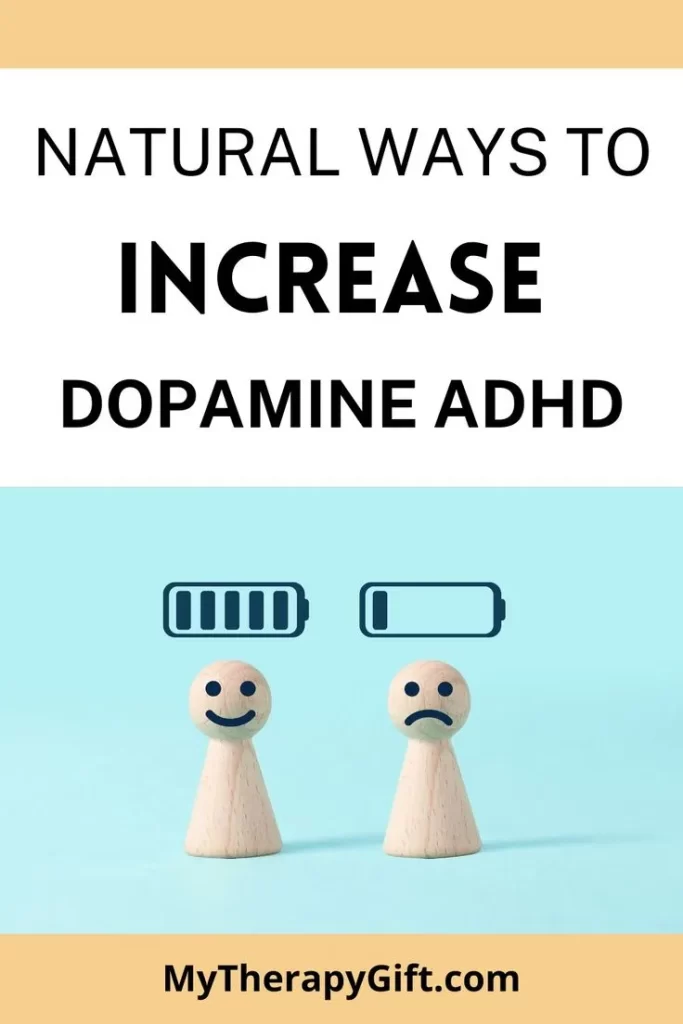

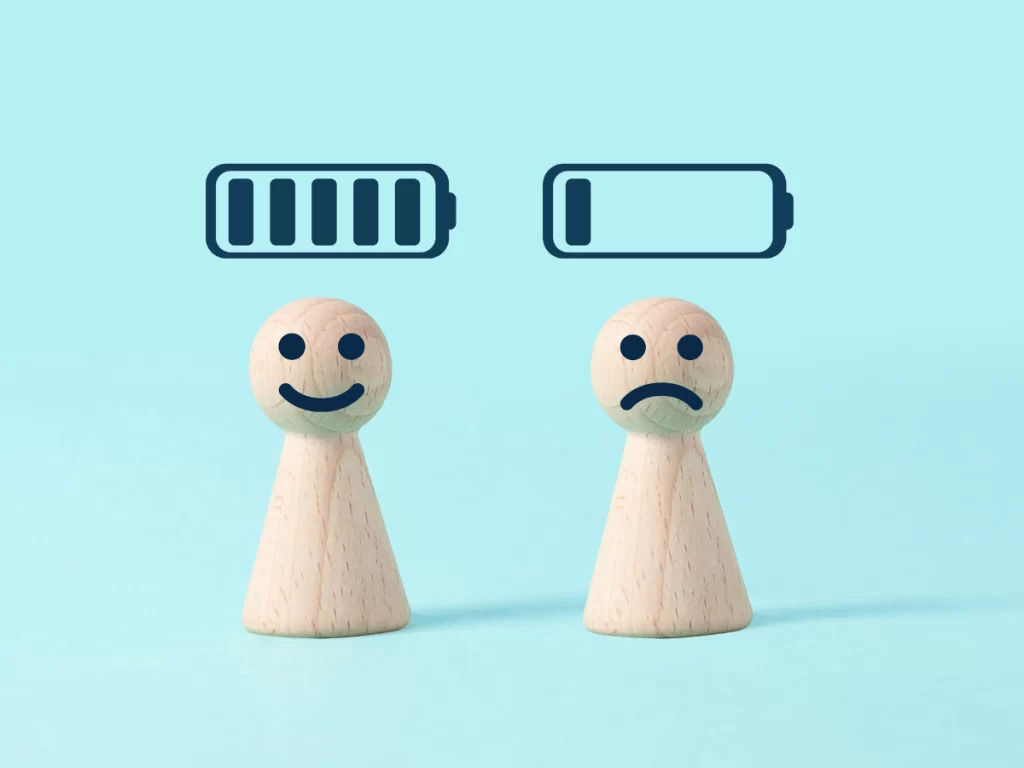



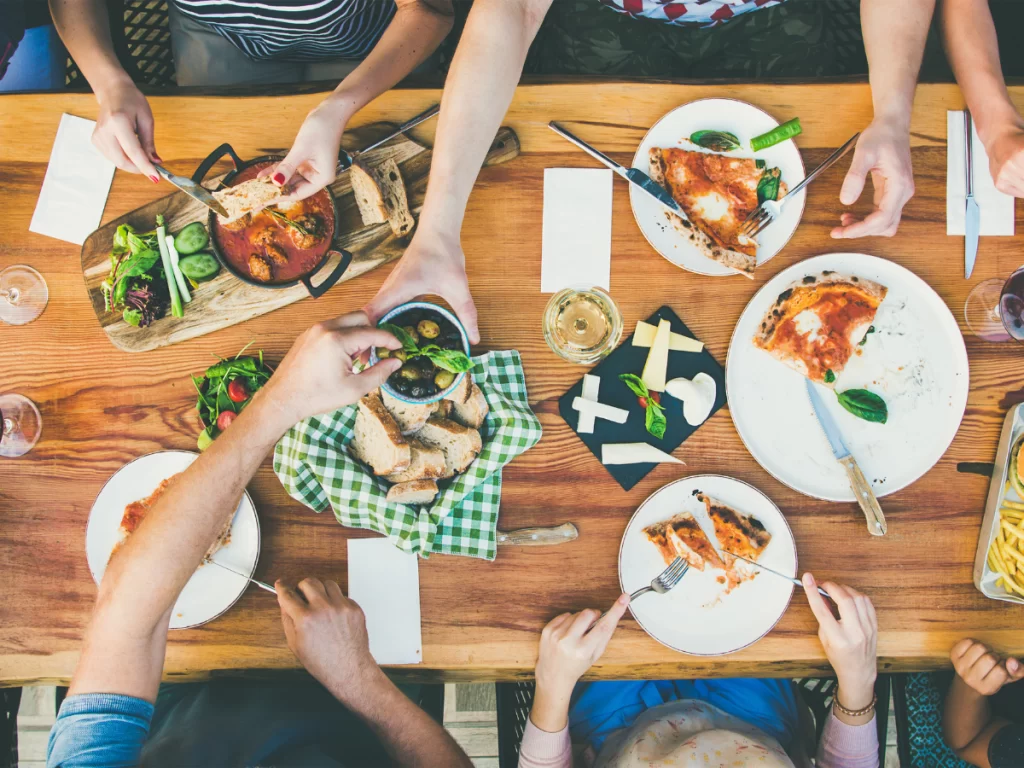
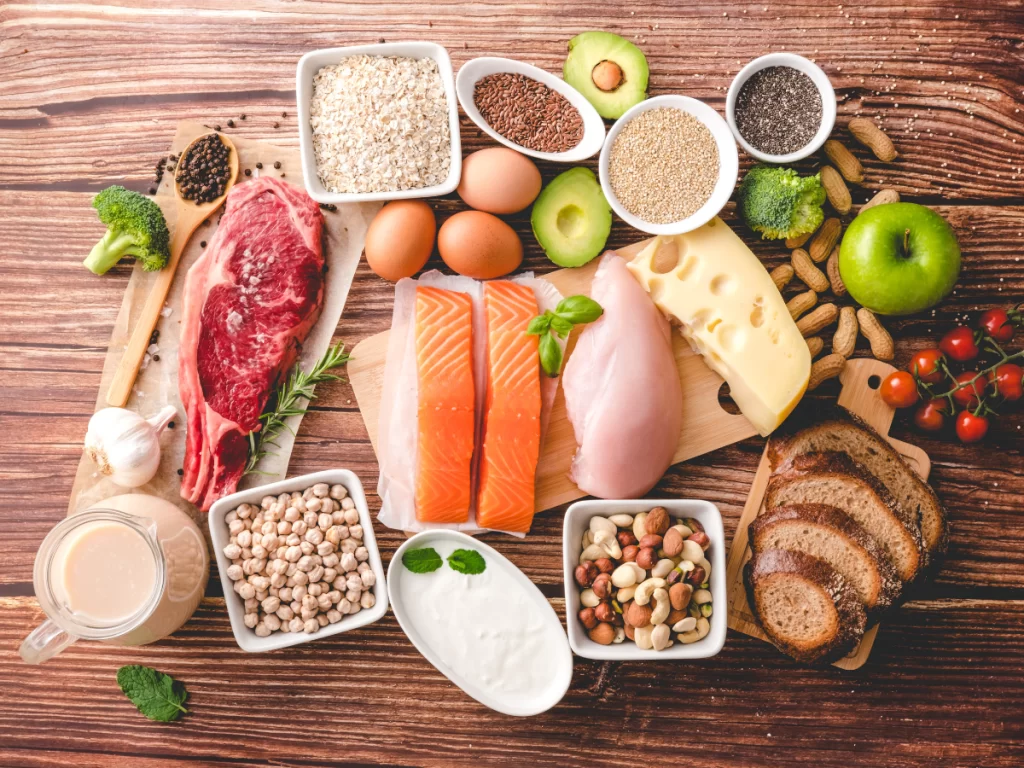
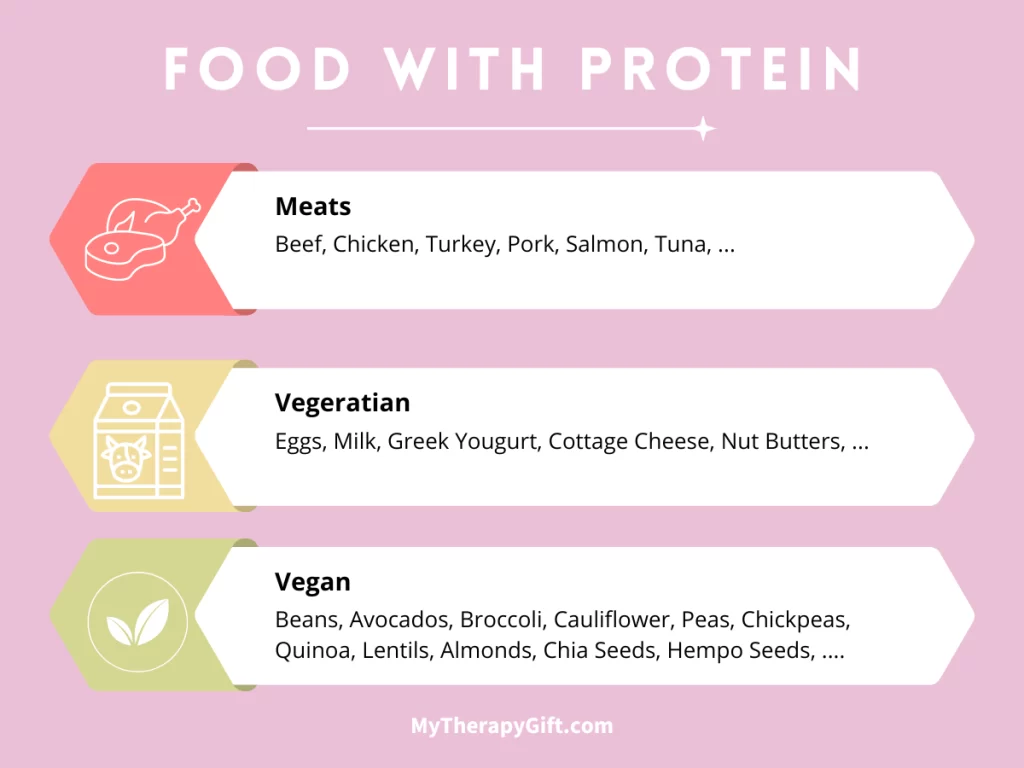
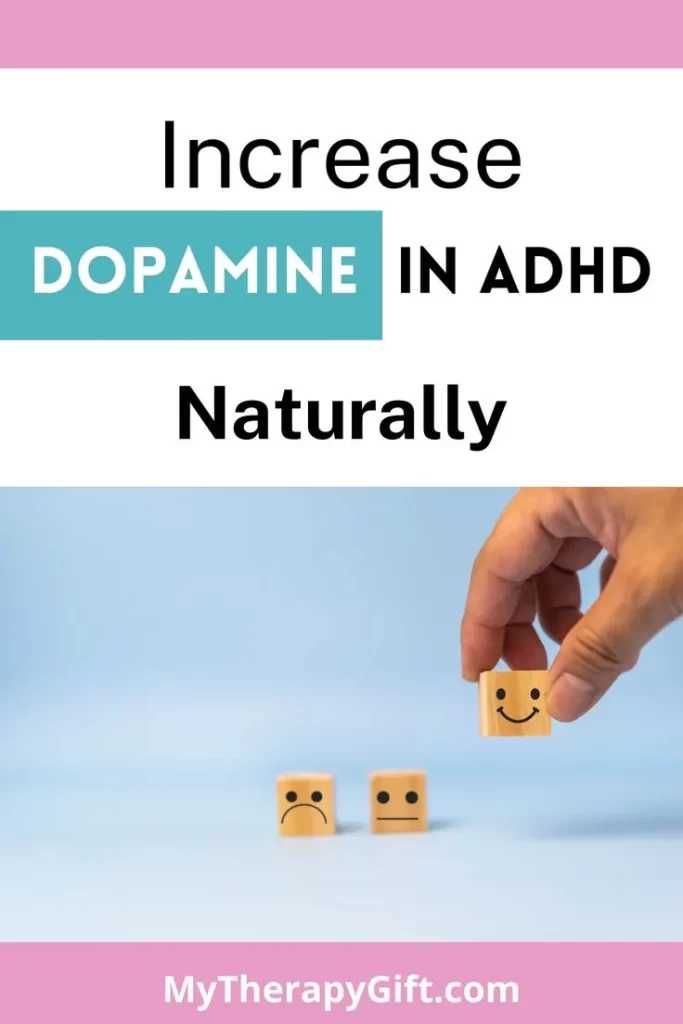
Leave a Reply